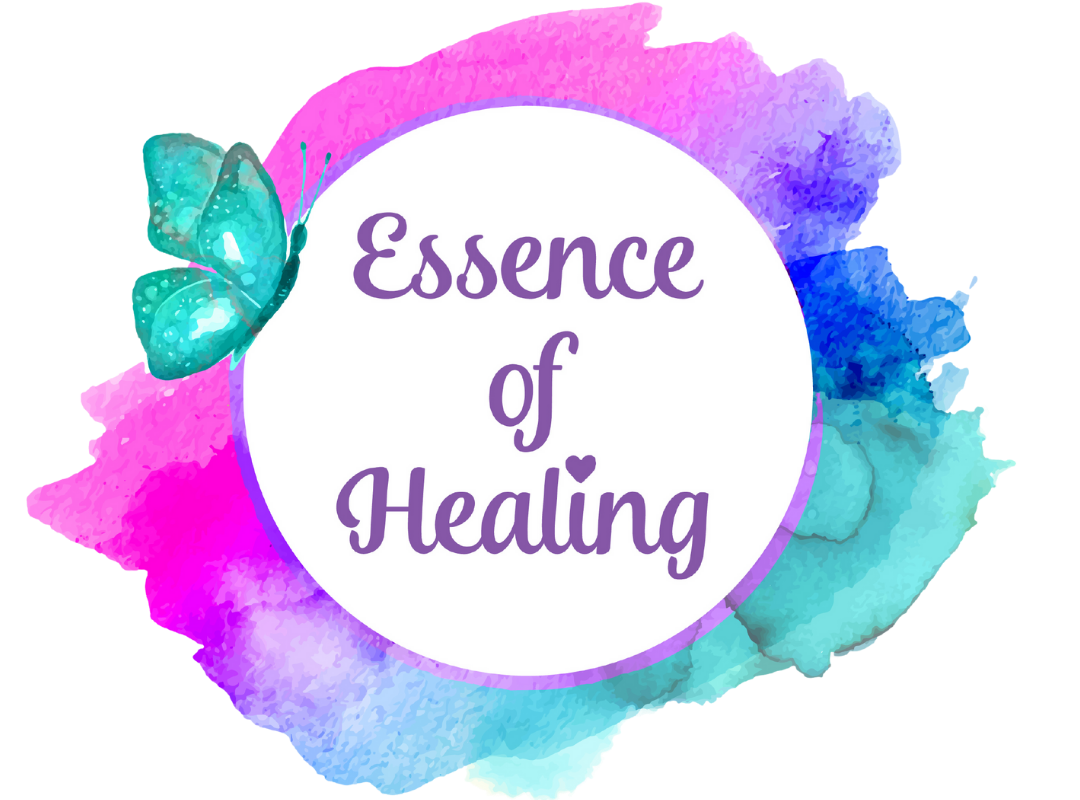Why I’m body-inclusive instead of body positive
Body positivity has become a worldwide movement. It's reflected in fashion shows and catalogs with better representation of body sizes and shapes. All of these things are great, but body positivity isn’t always, well, positive. As the push to love ourselves and our bodies have taken hold in mainstream media, the message has become diluted while the pressure has been amplified.
A movement that once asked the world to see bodies of every size, shape, and ability as equal and celebrated has become one that demands you love your body even when you don't. And honestly, can you think of a bigger waste of your energy than feeling guilty for not loving yourself the right way? Body positivity is one of the best representations of good intentions that don’t always lead to good implementation
Where do you begin if you’re not going to be body positive?
The most accessible first step may be to look around at social trends and see what else is available. When you’re re-writing the narrative of your body, it helps to feel supported by a community or validated by others who are sharing experiences similar to yours. Feeling like you aren’t alone is an empowering part of evolving your body’s vibe.
Body Neutrality is on the rise
Defined loosely by NEDA as a state of “Not supporting the hatred of our vessel (our physical structure) or the love and adoration of our vessel”, body neutrality is a relatively new concept. It’s gaining traction with celebrities like Lizzo, who rightly call out the way the body positivity movement has been co-opted by people seeking validation externally instead of by those who truly want a push for accepting all bodies.
The issue with this movement is that body neutrality doesn’t leave space for the way our bodies change the experience we have in the world. So is there a better option? My answer to the body positivity movement is body inclusivity.
Okay, so wtf is body inclusivity then?
Much like body neutrality, body inclusivity is about finding a space between celebrating and hating on the shape of yourself.
When you’re fat, trans, disabled, or otherwise don’t fit the standard physical form that society expects from humans, the way people treat you is different. Being body neutral opens you up to the risk of being ignorant to those impacts, much like the flawed rhetoric of white folx being colorblind.
Body inclusivity asks you to take on those identities that you can’t hide from people but may struggle to accept and to just let ‘em happen. It’s like body neutrality with bells and whistles, as you create space for your body to change your worldview while you reject the opinion of the worldview on your own perception of your body. Body inclusivity invites you to construct a safe space in your thoughts to feel angry at the pressure you feel to accept your body, without condemning your body.
Being inclusive of your experiences, emotions and the impact of your relationship with your body on your sense of self is the sweet spot. In this space, as you fully process them as you move forward, you can integrate healing into the view of your body instead.
Benefits of body inclusivity
More empathy for your physical existence
When you’re not busy feeling guilty for your lack of enthusiasm about that roll on your tummy or the scar on your thigh, you free up space to have empathy for them instead.
An empathic relationship with your body is one that’s rooted in your own experiences and needs instead of in the validation of others. You don’t need them to understand or approve of the physical way you exist in the world. Particularly for trans or gender non-conforming folx, body inclusivity offers you space to rewrite your narrative that may be rooted in trauma or a sense of betrayal.
2. Less reactionary response to changes or concerns
The pressure of trying to love your body even when you don’t can make small changes or new worries feel insurmountable. If you let go of that pressure and adopt the curious freedom of inclusivity when you consider your body, you can release that weight and observe things as they come up.
Maybe you’re feeling some aesthetic discomfort with the way your body looks or feels as you move through the world. Body inclusivity offers you the chance to consider how you might rewrite that narrative for your own inner voice. Likewise, if you are feeling frustrated over a disability or concerned about a new symptom, a medical focus that doesn’t focus on shame can help you to seek support sooner so problems can be addressed.
3. Eliminate pressure and anxiety of not being positive enough
This one’s simple. When you stop beating yourself down with a determination to have positivity you don’t always feel, you release a hell of a lot of burdens. Just be in this body right here, right now. You get the freedom to feel fear, anger, shame, hurt, or whatever else comes along with your experiences while still forging ahead with a new lens for your body’s existence.
If this still feels difficult, that’s because it is
There are no two ways about that- rejecting society’s opinions that are so wholly and constantly offered is hard. Society is at your doorstep, always.
But you are the only person falling asleep at night to the soundtrack of your self-awareness. Isn’t it time you give yourself a little grace to be inclusive of your body too?




